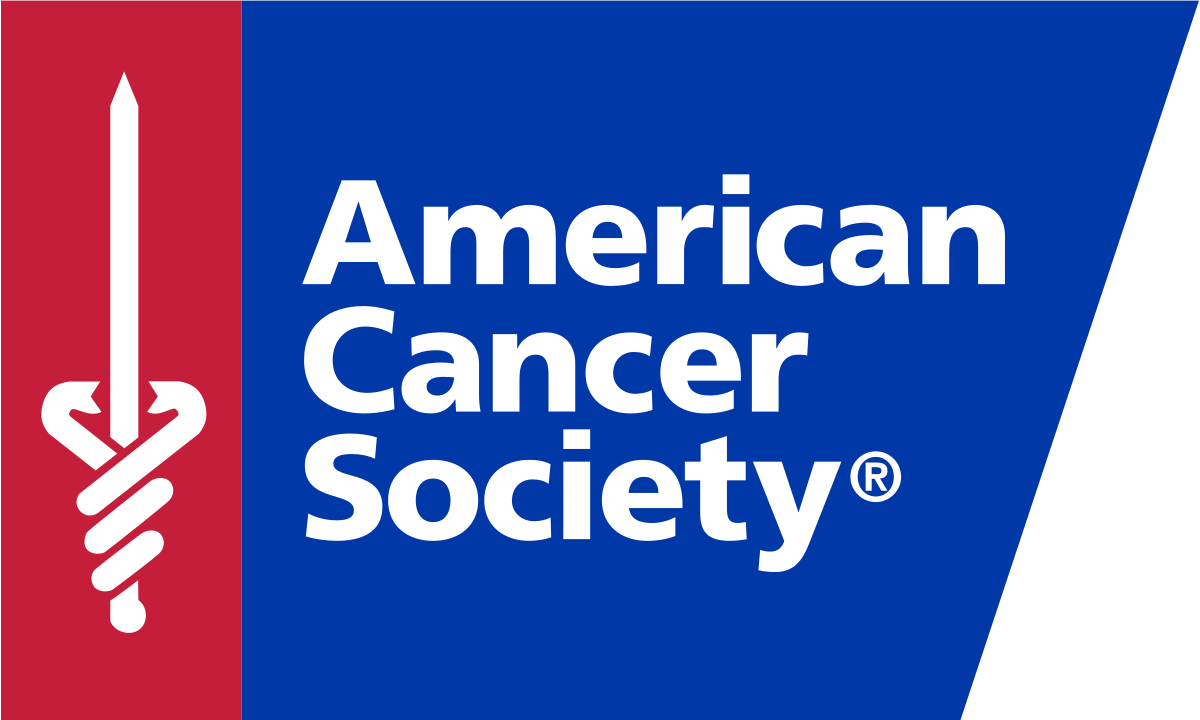American Cancer Society: Leading the Fight Against Cancer
Introduction
The American Cancer Society (ACS) is one of the most prominent and influential organizations dedicated to combating cancer in the United States and around the world. Established in 1913, the ACS has been at the forefront of cancer research, education, advocacy, and patient support for over a century. The organization’s mission is to save lives, celebrate lives, and lead the fight for a world without cancer. Through its comprehensive approach, the ACS has significantly contributed to advancements in cancer prevention, early detection, treatment, and patient care.
Mission and Objectives
The mission of the American Cancer Society is to improve the lives of people affected by cancer through research, advocacy, and service. The organization’s primary objectives include:
Funding Groundbreaking Research: The ACS is one of the largest non-governmental funders of cancer research in the United States, supporting innovative research that has led to significant breakthroughs in understanding, preventing, and treating cancer.
Promoting Cancer Prevention and Early Detection: The ACS develops and disseminates guidelines for cancer prevention and early detection, providing the public with valuable information on how to reduce their cancer risk and catch cancer in its early, more treatable stages.
Supporting Patients and Survivors: The ACS offers a wide range of services to help patients and their families navigate the cancer journey, including support programs, educational resources, and access to care.
Advocacy and Policy Initiatives: The ACS advocates for public policies that promote cancer research, improve access to care, and support patients and survivors. The organization works with lawmakers, healthcare providers, and other stakeholders to drive policy changes that benefit the cancer community.
Key Programs and Services
The American Cancer Society offers a variety of programs and services designed to support patients, advance research, and promote public health:
- Cancer Research Funding
Research Grants: The ACS provides research grants to scientists and healthcare professionals working to better understand cancer and develop new treatments. The organization has funded many groundbreaking studies that have led to major advancements in the field, including the development of new therapies and improvements in cancer prevention and early detection.
ACS Research Professors: The ACS supports distinguished scientists through its Research Professor program, which provides long-term funding to established researchers who have made significant contributions to the field of cancer research.
Focus on Disparities: The ACS is committed to addressing health disparities in cancer research and care, funding studies that explore the impact of cancer on underserved populations and develop strategies to reduce these disparities.
- Patient Support and Services
Hope Lodge: The ACS operates more than 30 Hope Lodge facilities across the United States, providing free lodging to cancer patients and their caregivers when they need to travel far from home for treatment. This service helps alleviate the financial burden and emotional stress of seeking cancer care.
Road to Recovery: The Road to Recovery program offers free rides to treatment for people with cancer who do not have a way to get there. Volunteer drivers help ensure that patients can access the care they need, even if transportation is a barrier.
Reach to Recovery: This peer support program connects newly diagnosed breast cancer patients with trained volunteers who are breast cancer survivors. The program provides emotional support, practical advice, and encouragement from someone who has been through a similar experience.
- Education and Prevention
Cancer Prevention Guidelines: The ACS develops evidence-based guidelines for cancer prevention, including recommendations on diet, physical activity, and cancer screenings. These guidelines are widely recognized and used by healthcare providers and the general public to reduce cancer risk.
Public Awareness Campaigns: The ACS runs nationwide campaigns to raise awareness about cancer prevention and early detection. These campaigns often focus on specific types of cancer, such as breast, colorectal, and lung cancer, and provide actionable information to help people take control of their health.
Health Equity Initiatives: The ACS is dedicated to reducing cancer disparities by addressing social determinants of health, increasing access to care, and promoting cancer education in underserved communities.
- Advocacy and Public Policy
ACS CAN (Cancer Action Network): The ACS’s advocacy affiliate, ACS CAN, works to influence public policies that support cancer research, improve access to care, and reduce the cancer burden. ACS CAN engages in lobbying efforts, grassroots campaigns, and public education to advocate for laws and policies that benefit cancer patients and survivors.
Tobacco Control: The ACS has been a leader in the fight against tobacco, advocating for policies that reduce tobacco use and exposure to secondhand smoke. The organization’s efforts have contributed to significant declines in smoking rates and tobacco-related cancers.
Access to Care: The ACS advocates for policies that ensure all Americans have access to affordable, high-quality cancer care, including efforts to expand Medicaid, protect the Affordable Care Act, and support funding for cancer treatment and prevention programs.
Impact and Achievements
The American Cancer Society has made a profound impact on the fight against cancer through its research, advocacy, and support programs:
- Advancing Cancer Research
Nobel Prize Winners: The ACS has funded 49 Nobel Prize-winning researchers, whose groundbreaking work has led to major advancements in cancer treatment and prevention.
Breakthrough Therapies: Research funded by the ACS has contributed to the development of many of the cancer treatments that are used today, including targeted therapies, immunotherapies, and chemotherapy drugs.
- Improving Cancer Survival Rates
Decline in Cancer Mortality: Thanks in part to the efforts of the ACS, the overall cancer death rate in the United States has declined by 32% since 1991. This decline translates to approximately 3.5 million fewer cancer deaths during this period.
Early Detection Success: The ACS’s emphasis on early detection has led to increased screening rates and earlier diagnosis of many cancers, improving survival rates and outcomes for patients.
- Supporting Millions of Patients and Families
Patient and Caregiver Support: The ACS’s programs, such as Hope Lodge and Road to Recovery, have provided essential support to millions of cancer patients and their families, helping them navigate the challenges of cancer treatment.
Educational Resources: The ACS offers a wealth of information and resources to help patients understand their diagnosis, explore treatment options, and manage the physical and emotional effects of cancer.
Challenges and Future Directions
As the American Cancer Society continues its mission to fight cancer, it faces several challenges and opportunities:
- Addressing Health Disparities
Equitable Access to Care: The ACS is committed to reducing disparities in cancer care by ensuring that all individuals, regardless of race, ethnicity, income, or geographic location, have access to the best possible care. This includes advocating for policies that address social determinants of health and expand access to cancer screenings and treatments.
Targeted Research: The ACS is focusing more on research that addresses the unique needs of underserved populations, aiming to understand and mitigate the factors that contribute to higher cancer rates and worse outcomes in these communities.
- Expanding Global Reach
International Initiatives: While the ACS has traditionally focused on the United States, it is increasingly involved in global cancer control efforts. This includes partnering with international organizations to support cancer prevention and treatment programs in low- and middle-income countries.
Global Health Equity: The ACS is working to address global health disparities by advocating for international policies that improve access to cancer care and by supporting research that addresses the global burden of cancer.
Conclusion
The American Cancer Society (ACS) has been a driving force in the fight against cancer for over a century. Through its commitment to research, patient support, advocacy, and public education, the ACS has made significant strides in reducing the cancer burden and improving the lives of millions of people affected by the disease. As the organization continues to evolve, it remains focused on its mission to save lives, celebrate lives, and lead the fight for a world without cancer.
For more information about the American Cancer Society and how you can get involved, visit the ACS official website.



